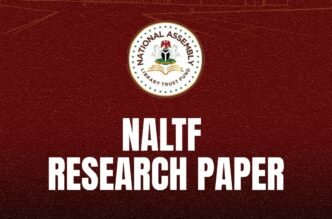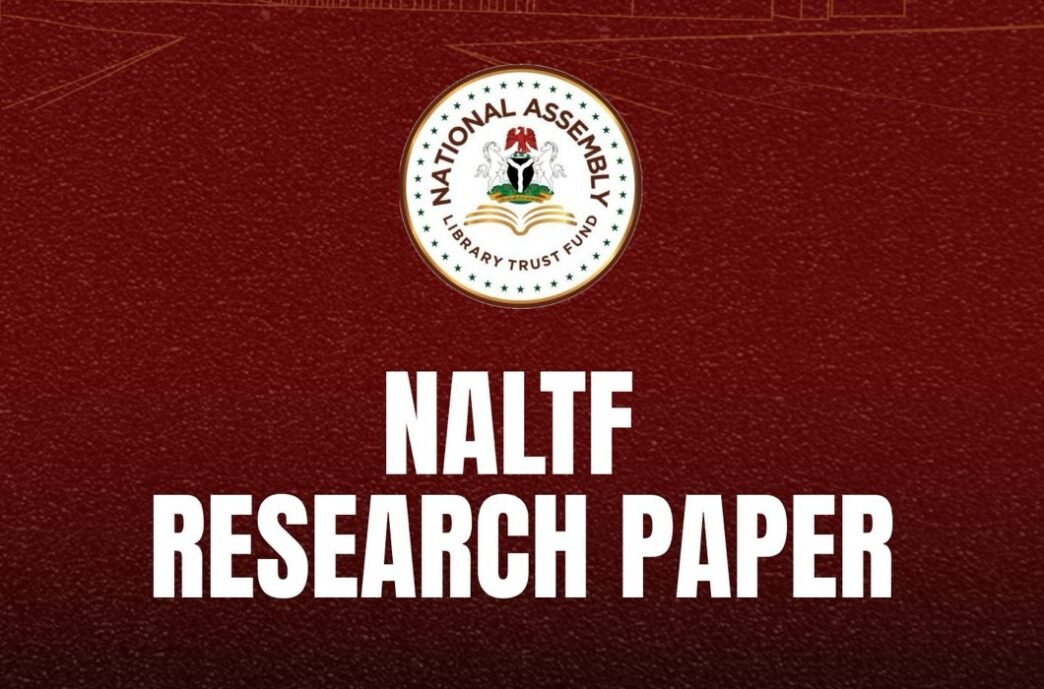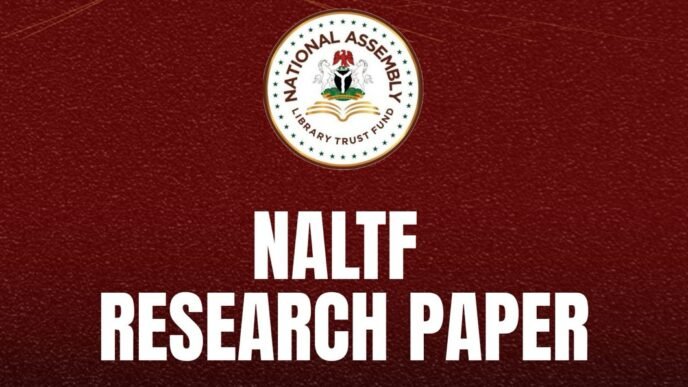Memoranda of Understanding (MoUs) have emerged as essential instruments in regulatory cooperation, both within domestic systems and across international jurisdictions. While typically categorized as non-binding agreements, MoUs carry significant regulatory and governance implications, mainly when used by public authorities.
This paper explores the legal, institutional, and policy implications of MoUs in Nigeria and across Africa, drawing on comparative insights from the United Kingdom, the European Union, and the United States. It argues that while MoUs offer flexibility and efficiency, they raise critical concerns about legitimacy, enforceability, transparency, and accountability in regulatory practice.


